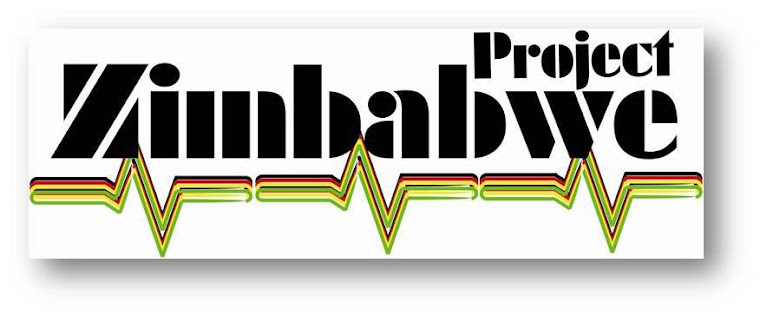During the holidays I watched district 9 and was myself and others slightly confused. Some thought it was about xenophobia? But it was actually based on the events that occurred in the 1970's at District 6 in South Africa . The film was overall very good but it had a significant weaknesses. Why were the 'Nigerians' in the film speaking Nyanja?
Sunday, 24 January 2010
District 9
During the holidays I watched district 9 and was myself and others slightly confused. Some thought it was about xenophobia? But it was actually based on the events that occurred in the 1970's at District 6 in South Africa . The film was overall very good but it had a significant weaknesses. Why were the 'Nigerians' in the film speaking Nyanja?
Thursday, 14 January 2010
Dambisa Moyo 'Dead Aid'
During the summer, I read the controversial, 'Dead Aid' by the Zambian economist, Dambisa Moyo and was incredibly excited and refreshed to hear about solutions for Africa from a female African economist.
With four degrees under her belt, and heavy weight work experience, she spent some time at the World Bank as well as Goldman Sachs, Dambisa Moyo makes an aggressive attack on the aid model. It is important to note that in her book Dambisa is talking specifically about bilateral aid and is not referring to humanitarian aid or charitable aid, though she does remind the reader that we should remain aware of what charity can do and what it cannot do.
She does indeed make some compelling arguments:
- Why is that over a billion dollars worth of aid has gone to Africa in the last 60 years but the continent is now poorer.
- Aid cripples the private sector, as well as the free market. Aid is a '...band aid solution..' that is only useful in the short term. Africans should not rely on foreign governments for the provision of public goods.
- There are other ways of raising money including trade with emerging economies like China and India as well as accessing the capital markets.
Whilst her book is a bit heavy, in that it tends to overload you with facts and some of her assertions are rather spurious, it's a good read. I would give it an overall 3/5 on the basis that some of her assertions are inaccurate. However, I am very impressed that she has ignited a conversation that is spoken of way to little and has highlighted how complicated the aid system is.
I am looking forward to her next book; 'How the West Was Lost' coming out this year.
Monday, 4 January 2010
Jeffrey Sachs, 'The End of Poverty'
Overall Rating: 3/5
As Sachs has spent many years working for the World Bank and the forward of his latest book was by Bono, I was very sceptical of this book. However, I found the first half of this book interesting. It described the history of global economics, why countries have developed at different rates and there were case studies of economic reforms in India, China, Poland and Hungary. Although the case studies were economically interesting and very readable, I felt the name dropping and Sachs ego got a little tiring after a while.
The concept I liked most in this book was how Sachs used a ‘clinical diagnosis’ of economic difficulties that countries faced which took into account geography, politics and health. This also highlighted the importance of individual countries developing their own policies for development, and not having a one size fits all policy forced upon them from the World Bank or IMF. I think this is a conclusion that most people who work within the World Bank soon realise, but often too late.
I was less impressed with the second half of the book which aimed to describe how to end poverty. The answer was to increase funding from developing countries, written in detail for too many pages. Although this may be beneficial, I expected more innovation and creativity by a World Renowned Economic Professor. After finishing the book, I felt he had wasted his time writing the second half. This perhaps demonstrates that there are no quick fixes to problems as complex as poverty but surely one of the most influential people in the world could have come up with a better idea than simply giving more money?
Overall Rating 4/5
I read this book after attending a book launch by the author. He made a lively and interesting presentation and I was looking forward to reading his book. I was not disappointed. The nature of this book is clearly in the title. It is an inspiring book, with examples of where active citizens and effective states have positive outcomes in laws, human rights, development and poverty. It was well researched by Duncan Green, who is a researcher for Oxfam, and had more tangible and practical ideas from Southern countries compared to Jeffery Sachs book. I really liked the examples of active citizens scattered in the book, and it surprised and pleased me how a group of people, who are uneducated, poor and often discriminated against, can get together and really change things. To me this really demonstrated empowerment. I recommend this book to students who are interested in development in the wider context of social and environmental injustices faced by people in poverty.- Medsin-GKT, King's College London, Guy's Campus, 19 Newcomen St, London, SE1 1UL
- projectzimbabwe@googlemail.com
